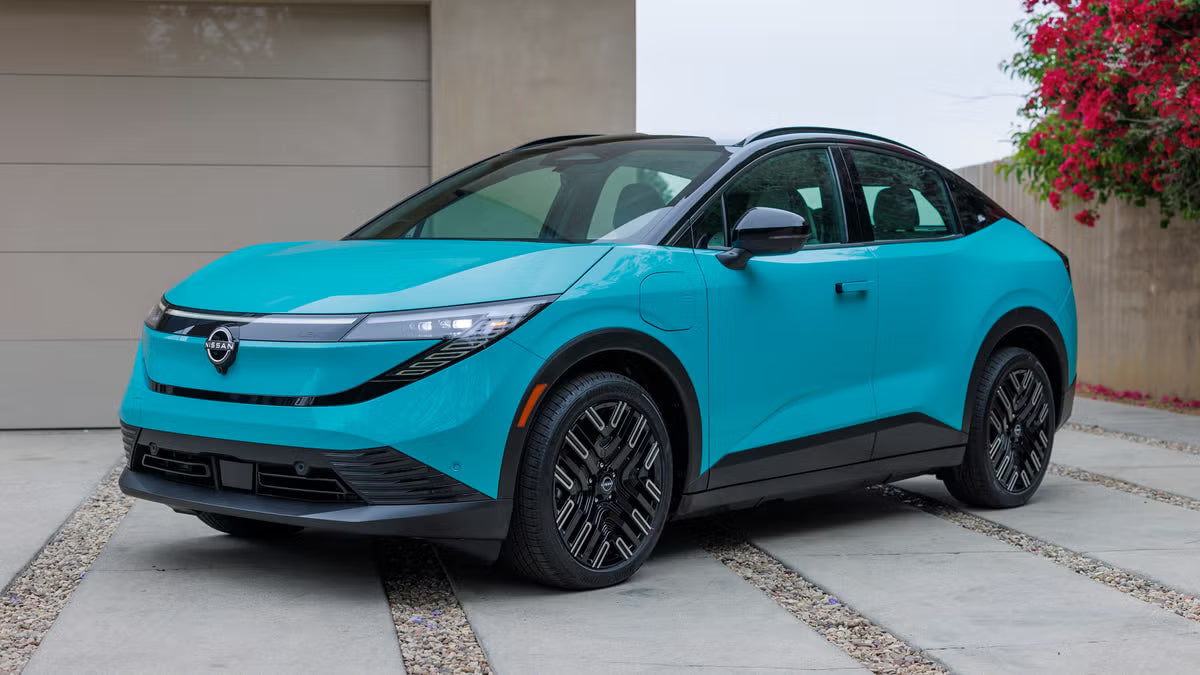Nissan Bets Big on Next-Generation Battery Tech
After years of declining profits and shrinking global market share, Nissan is working hard to stage a comeback. The automaker’s recovery plan involves cost-cutting measures such as plant closures and layoffs, alongside renewed investments in electric vehicles and hybrid technologies.
But Nissan’s most ambitious bet lies beyond its current lineup. The company is doubling down on solid-state battery technology — a breakthrough that could double EV driving range and sharply reduce charging time. According to a report by Nikkei Asia, Nissan’s prototype solid-state cells have achieved key performance targets, paving the way for mass production by 2028.

A Partnership Built on Dry Electrode Innovation
To bring this technology to market, Nissan has partnered with LiCAP Technologies, a U.S.-based start-up specializing in dry electrode manufacturing. The collaboration aims to overcome one of the biggest barriers in battery production: the costly and time-consuming wet-coating process.
Traditional lithium-ion cells rely on wet coating, which mixes active materials and binders with a solvent to form a slurry that’s coated onto metal foils, then dried in high-temperature ovens. This process is not only energy-intensive but also environmentally taxing.
LiCAP’s dry electrode technology eliminates the solvent stage entirely. Instead, powdered electrode materials are directly compressed onto the collector foil using roll presses. This innovation promises faster production, lower costs, and fewer emissions, aligning with global efforts to decarbonize battery manufacturing.
Pilot Production and Cost Targets
Nissan has already begun operating a pilot solid-state battery line in Japan earlier this year, while LiCAP runs a 300 MWh production facility in California for its proprietary Activated Dry Electrode process.
According to industry reports, Nissan aims to achieve a battery cost of $75 per kilowatt-hour, far below the 2024 global average of $115 per kWh reported by BloombergNEF. Achieving that would make electric vehicles significantly more affordable and competitive with gas-powered cars.
However, reaching this price point will depend on Nissan’s ability to scale production efficiently — a challenge that has stalled many earlier battery breakthroughs. Scaling up the dry electrode process while maintaining consistent quality across thousands of cells remains one of the biggest technical hurdles in the industry.
Rising Competition in the Solid-State Race
Nissan is not alone in the race to commercialize solid-state batteries. Several U.S. start-ups and European automakers are vying for leadership in this next-generation technology.
QuantumScape, backed by Volkswagen, recently began shipping near-production solid-state samples to automotive partners. Meanwhile, Factorial Energy, based in Massachusetts, is conducting pilot trials with Mercedes-Benz and plans to start similar programs with Stellantis next year.
For Nissan, however, the 2028 goal represents not just a technological milestone, but also an opportunity to reclaim its early leadership in electric mobility — a position it once held with the launch of the Leaf in 2010.

A Potential Turning Point for EV Affordability
If Nissan delivers on its solid-state promise, the impact could be profound. Doubling driving range, halving charge times, and cutting battery costs could make EV ownership more practical for millions of consumers worldwide.
Solid-state batteries are also expected to offer greater safety, higher energy density, and improved longevity, making them ideal for both passenger cars and commercial fleets.
As the global EV market heats up, Nissan’s progress could reshape industry economics — and signal the start of a new era in electric mobility.
Recommend Reading: Kia Tops Study as the EV Brand With the Most Durable Batteries








Aktie:
Kia Tops Study as the EV Brand With the Most Durable Batteries
Why German Luxury Automakers Are Bringing Retro Design Back to Life